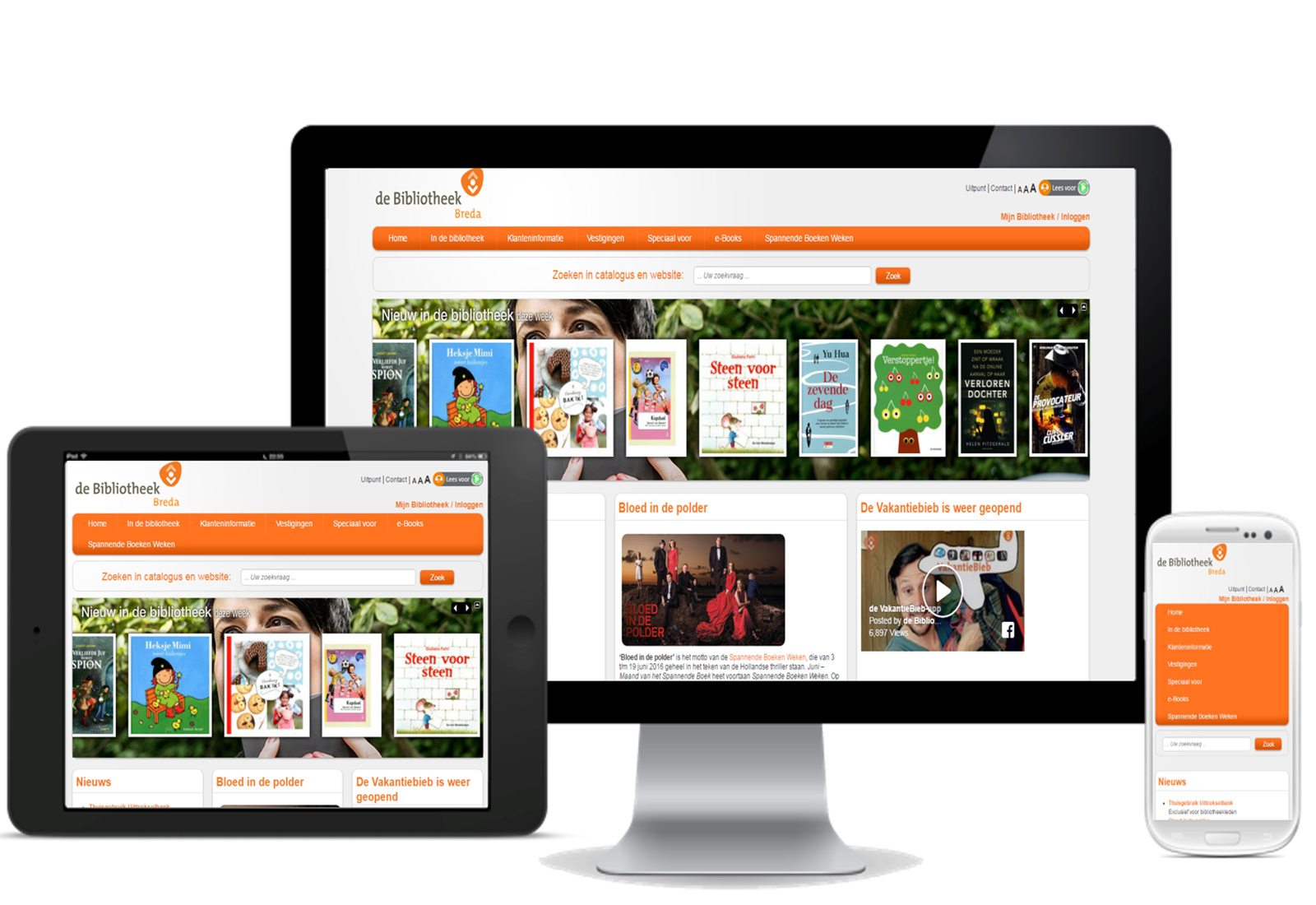Iguana
Personalised services for libraries
Iguana is a widget-based platform for personalisation and communication with customers. Typically used for discovery and to create websites, Iguana can also provide customers with customised content to continuously improve satisfaction. Iguana’s extensive support for application programming interfaces (APIs) and widgets offers the ability to include third-party data, through a single coherent and beautiful interface, independent of the data’s source or storage location.






















